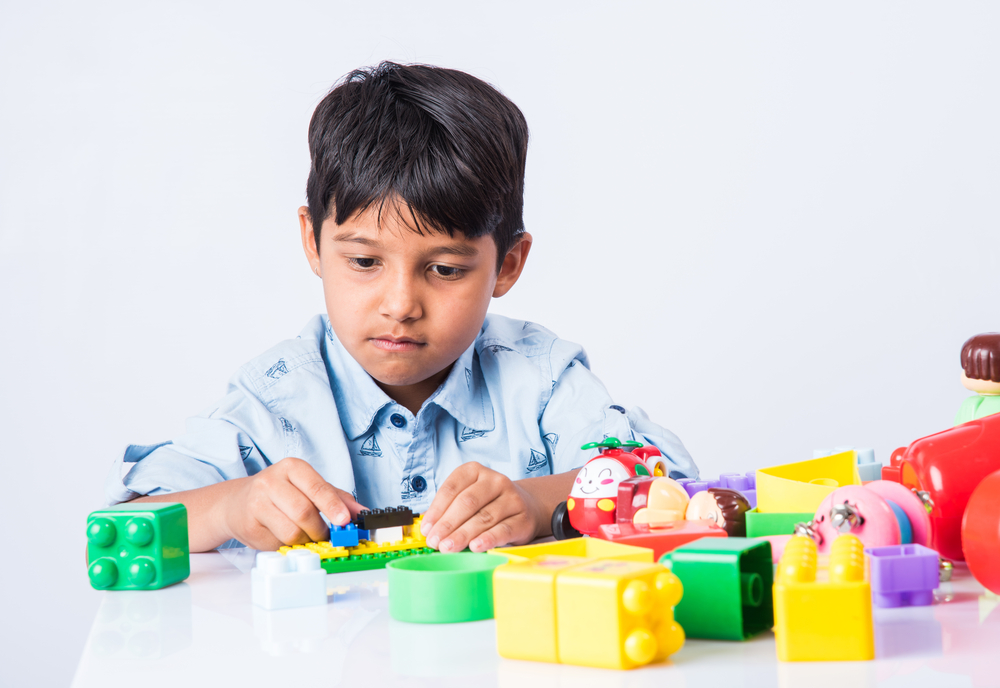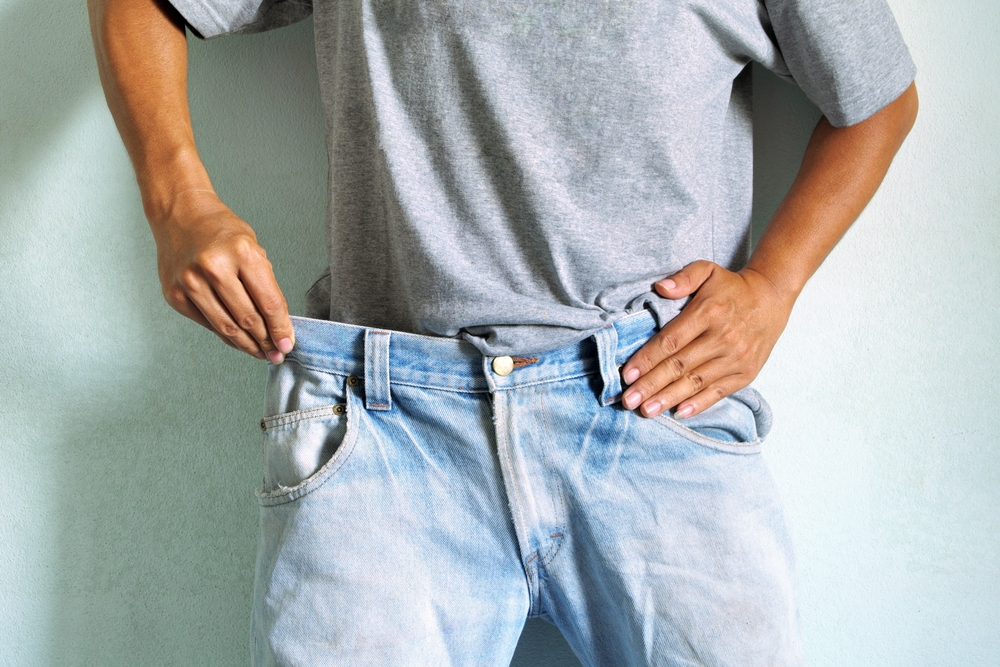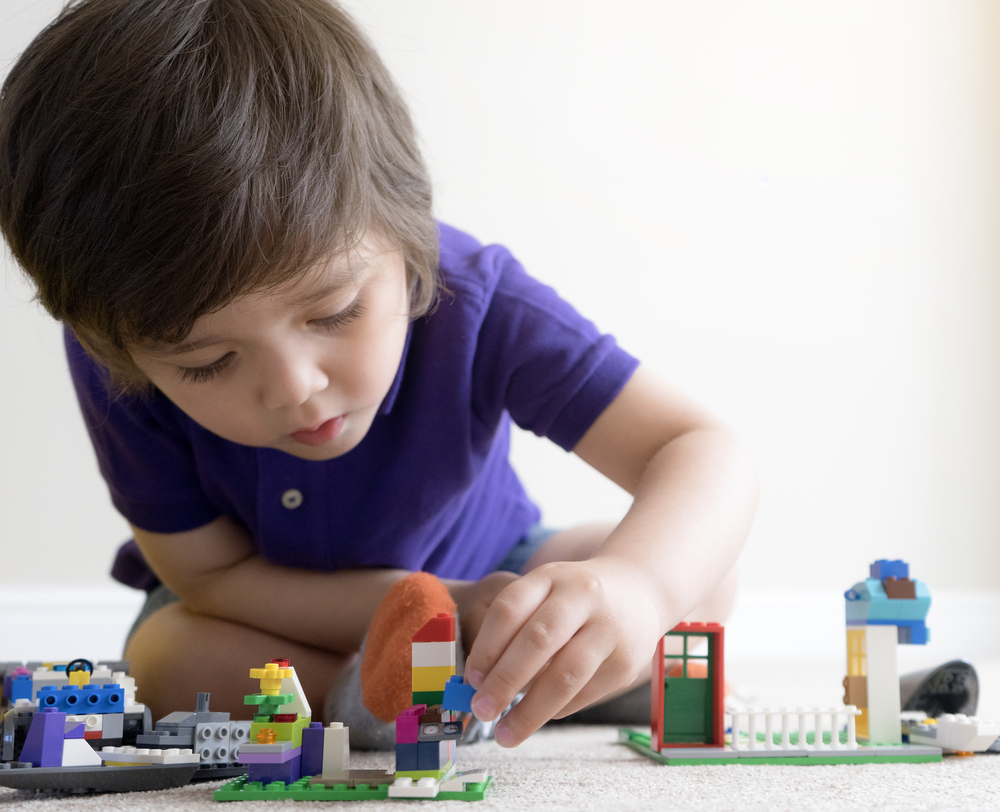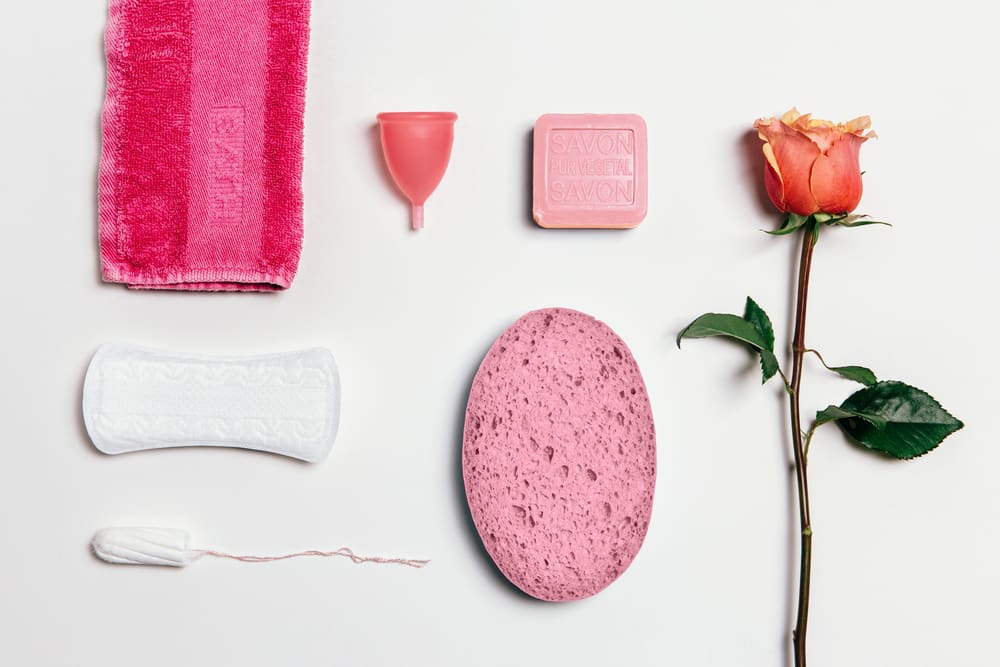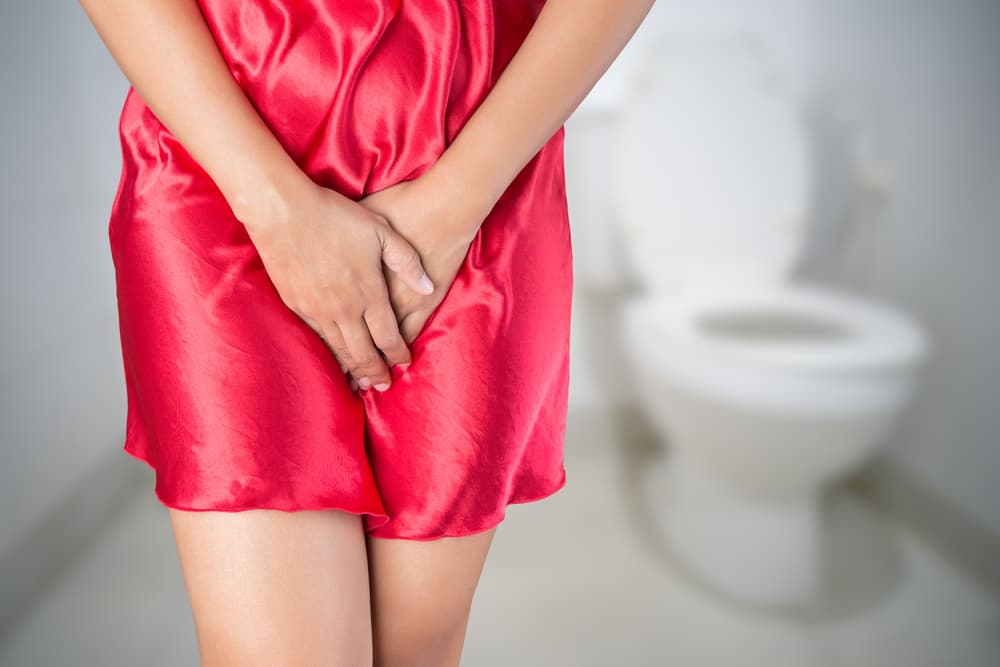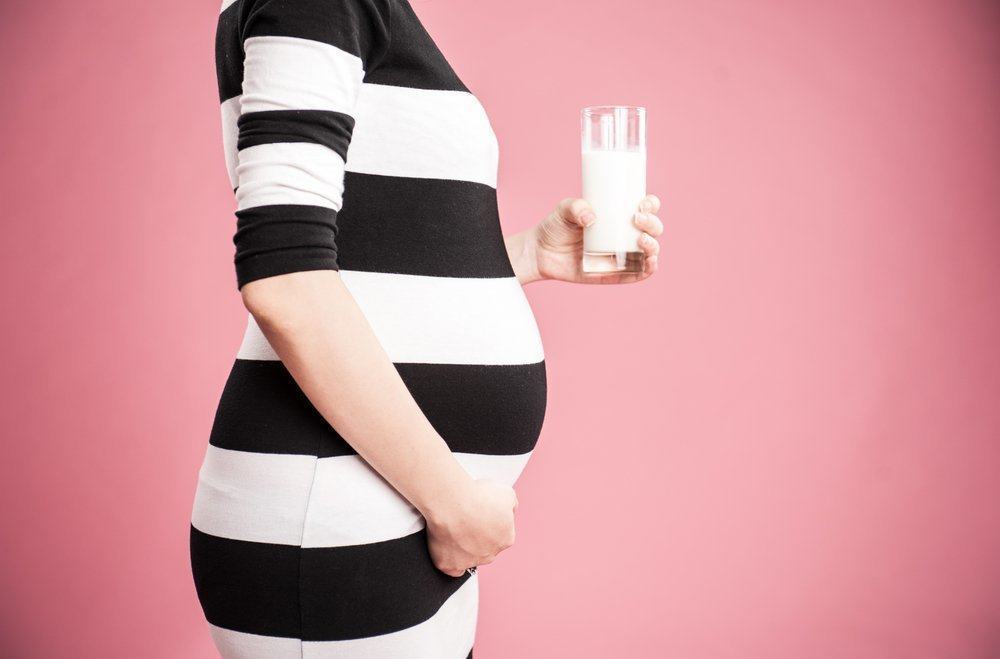Contents:
- Medical Video: 18 Harmful Foods We Keep Giving to Children
- What is the normal BAB pattern?
- What are the consequences if you hold the bowel for too long?
- 1. Stool hardens
- 2. Slow bowel movements
- 3. Bacterial infections
- Don't like to hold back CHAPTER!
Medical Video: 18 Harmful Foods We Keep Giving to Children
Everyone needs and will defecate. The average person defecates one to three times a day, or at least three times a week. We really don't need to defecate every day, but what happens if we hold back BAB for days?
What is the normal BAB pattern?
Defecate less than three times a day and it hurts because the stool is hard it can be considered constipation. Meanwhile, bowel movements that are runny and runny and make you go back and forth to the toilet more than three times a day can be said to be diarrhea.
Most importantly, don't delay going to the bath when the nature call has called you. Stopping your bowel movements for a while can be detrimental to your health, especially if you keep stretching it for a matter of days - maybe even weeks.
What are the consequences if you hold the bowel for too long?
The case of holding back defecation in the long term had happened in early 2013. ReportedCompass, a 16-year-old English teenager named Emily Titterington died because she did not have a bowel movement for 8 weeks. Titterington is known to have mild autism which scares him into the toilet, so he chooses to hold back BAB. Titterington was reported to have died of a heart attack due to intestinal swelling which suppressed other internal organs.
Here are some risks that you might face if you are desperate to keep defecating for days.
1. Stool hardens
Stool contains 75% of water along with a mixture of bacteria, protein, food waste that cannot be digested, dead cells, fat, salt, and mucus. Because most of it is water, faeces can move easily along the intestine and are expelled through the rectum.
However, the longer you hold a bowel movement, the stool can dry out and harden because the body will reabsorb the water content. Hard stools are difficult to remove. This will cause you to feel a great stomach ache. Other symptoms that can arise are anxiety and loss of appetite.
2. Slow bowel movements
Accidentally holding back urination can also potentially damage the feedback mechanism that serves to facilitate bowel movements. If you keep on defending, bowel movements can slow down and eventually it is not impossible to stop altogether.
Although it is not supplemented with food, the intestine still produces a small amount of runny liquid and mucus, so that the intestine will not be completely empty. In addition, whether you realize it or not, you will tighten the muscles of the pelvis and buttocks when deliberately holding back the reflex to defecate. At the same time, the stool that is still liquid can slip through the dense mass of stool, making the stool clumps bigger and will feel very painful to defecate.
If you continue to eat as usual without bowel movements, your colon will gradually swell due to the buildup of hardened stool. As a result, the large intestine can be injured or torn.
3. Bacterial infections
People have always assumed that holding a bowel movement for a long time is the same as storing a pile of poisons in the body. This is true. The large intestine continues to hold the stool in it so it does not allow the body to remove toxins.
In addition, you are also at risk of developing a bacterial infection when stools leak out through a wound or tear in the intestine or rectum. When the intestine is infected, bacteria that originally live normally in the intestine will begin to multiply rapidly. The intestine will become inflamed and filled with pus. This infection will suppress the intestine so that it inhibits blood flow through the intestinal wall. As a result, the intestinal tissue will lack blood and die slowly.
This process will continue until the intestinal muscle wall becomes very thin and eventually breaks. This allows pus containing bacteria in the intestine to leak into the other abdomen. This condition is called peritonitis.
Don't like to hold back CHAPTER!
We recommend that you immediately go to the bathroom as soon as the stomach starts to feel wrapped around. If you accidentally hold a defecation due to difficulty removing it, use laxatives or other stool softeners to stimulate bowel movements back smoothly.
Consult further with your doctor if you are still experiencing problems with bowel movements even after taking medication or improving your diet.

